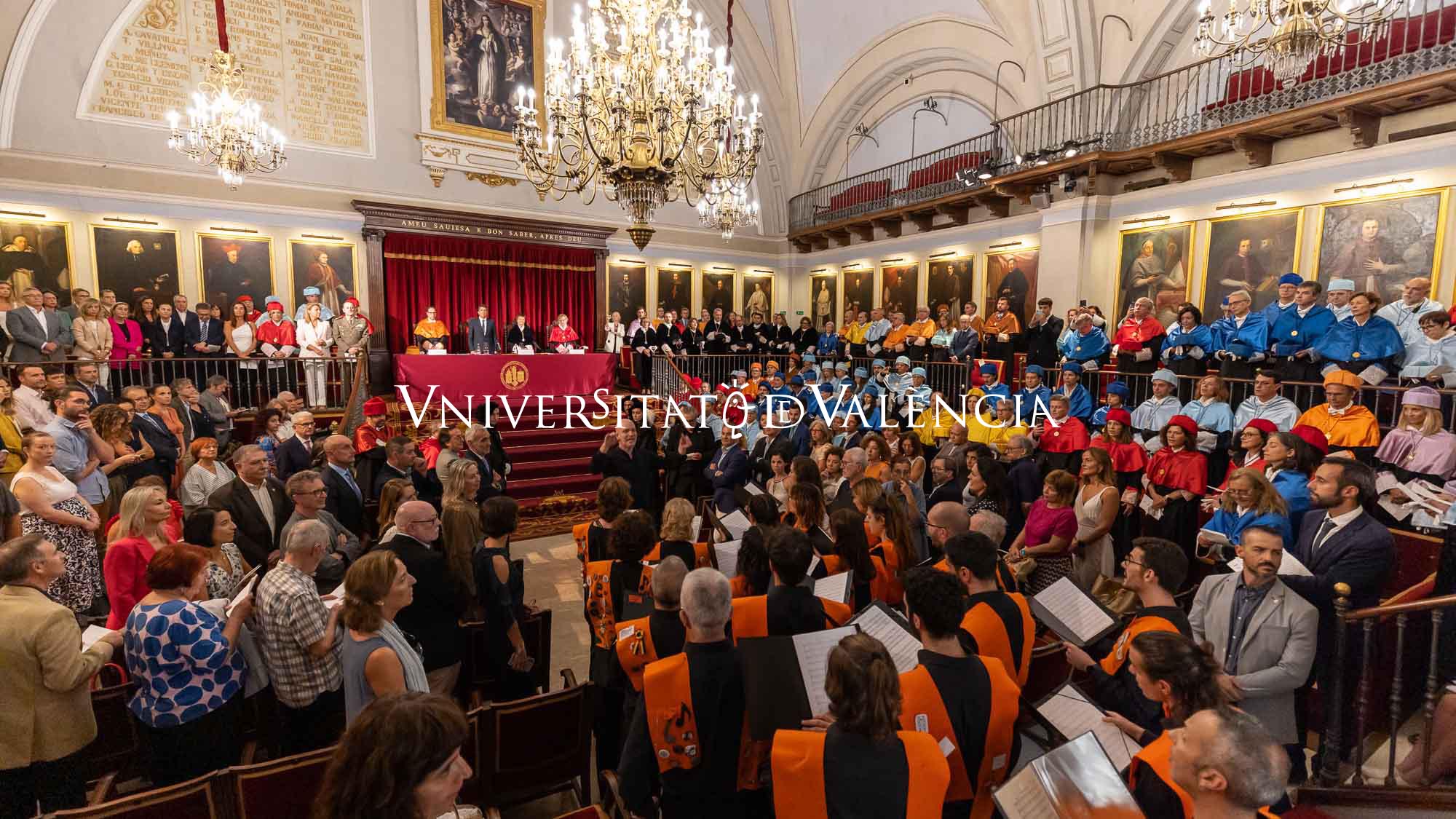Degree in Hispanic Studies: Spanish Language and Literature
- E01: Capacidad para interrelacionar los distintos aspectos de la filología.
- E02: Conocimiento y aplicaciones de las corrientes y metodologías de la teoría y crítica literaria en América latina.
- E03: Knowledge and applications of linguistic trends and methodologies.
- E04: Knowledge of the trends and methodologies of literary theory and criticism and how they are applied.
- E05: Knowledge of the literature of a second language.
- E06: The ability to compare and analyse components of ones own language with others.
- E07: Familiarity with techniques and methods of analysis of literary and non-literary texts and how they are applied to the Spanish language.
- E08: Skills in analysis and synthesis.
- E09: Knowledge of the linguistic variations of the Spanish language.
- E10: Knowledge of literature and theatre in the Spanish language.
- E11: Knowledge and applications of the Spanish language for teaching as a second language.
- E12: Knowledge of textual criticism and edition of texts in Spanish.
- E13: Knowledge of the different processes of the industries of the Spanish language, its literatures and its cultures.
- E14: Have the ability to communicate orally and in writing in the native languages.
- E15: Knowledge of the internal and external history of the Spanish language.
- E16: Knowledge of the historic evolution of literature and theatre in the Spanish language.
- E17: The ability to create correct and proper oral and written texts of different kinds.
- E18: The ability to assess and correct linguistic and literary texts in Spanish.
- E19: The ability to make a critical judgement of the style of a text and make alternative proposals.
- E20: The ability to identify problems and subjects for research and assess their importance in the field of Spanish language, literature and theatre.
- E21: The ability to prepare different types of stylistically and grammatically correct texts in a foreign language.
- E22: asic competences in the translation of texts of different types from a foreign language to ones first language.
- E23: The ability to find, handle and synthesise bibliographic information on different local or online supports in the area of modern languages and their literatures.
- E24: The ability to interrelate different areas of philology studies and humanities.
- E25: Familiarity with the literature or literatures of a language other than the first foreign language and an understanding of their texts.
- E26: Familiarity with trends and methodologies of literary theory and criticism and how they are applied.
- E27: The acquisition of a linguistic understanding of literary texts written in Catalan throughout the Middle Ages and the Modern Age.
- E28: The ability to analyse literary texts in the Catalan language in relation with other literatures.
- E29: Conocimiento de la historia y cultura de los países de la lengua o literatura estudiadas.
- E30: Conocimientos de gramática en lengua extranjera.
- E31: Competencias comunicativas en lengua extranjera.
- E32: Be familiar with a literature in a language other than the main Degree language.
- E33: Know the grammar and develop communicative competences in Spanish.
- E34: Know the grammar and develop communicative competences in Catalan.
- E35: Know the grammar and develop communicative competences in (a) foreign language(s).
- E36: Get to know the fundamentals of the Latin language and classical culture through its texts.
- E37: Know and apply the currents and methodologies of linguistics.
- E38: Know and apply the currents and methodologies of literary theory and criticism.
- E39: Interrelate different areas of humanistic studies.
- E40: Have and apply general knowledge in humanistic areas related to this field of study.
- E41: Compare and analyse the constituents of one's own language with those of other languages.


























